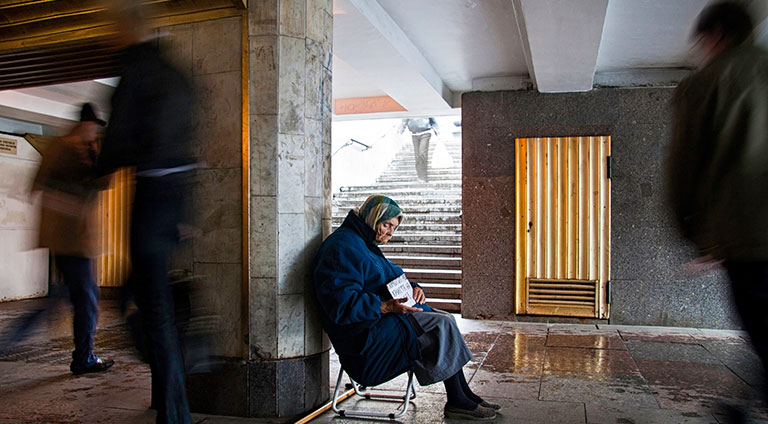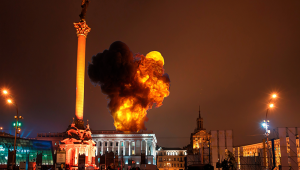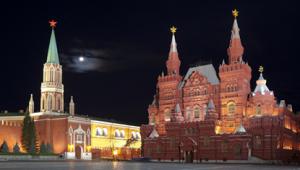begger-on-main-street-nevsky-prospect-mowscow_istock_000043142306_large.jpg

An elderly woman begs for money in a Moscow underpass.
In its latest Russia Economic Report, the bank slashed its economic growth forecasts for an economy struggling amid tumbling oil prices and international sanctions.
Combined, these caused real GDP to shrink by 3.7% in 2015, the bank said, adding that it anticipates a further contraction of 1.9% this year before a return to a “modest” growth rate of 1.1% in 2017.
Birgit Hansl, the World Bank’s lead economist for Russia and the main author of the report, commended the government’s policy response, but said substantial and sustained private investment will be needed for the country to make the most of this opportunity to diversify its economy away from a reliance on primary commodities.
While a chance to “develop a broader and more sophisticated product and export mix”, the recession has also reversed years of gains made in alleviating poverty.
The World Bank found there had been a 10% drop in gross domestic income, which not only sapped consumer demand and discouraged investment, but pushed 3.1 million below the poverty line, defined as 9,662 rubles ($142) per month.
This put Russia’s total poor population at 19.2 million people in 2015 – a figure that is likely to increase again this year as the poverty rate rises from 13.4% to a potential 14.2% in 2016.
The bank pointed out that the projected increase would return poverty rates to their 2007 levels.
Andras Horvai, World Bank country director for Russia, said a return to longer term growth will depend on the strength of Russia’s structural reforms.
“Economic reforms designed to bolster investor confidence could greatly enhance Russia’s long-term growth prospects,” he said.
He continued: “Administrative barriers to doing business, high transportation and logistics costs, and the perception of an uneven playing field all discourage investment, particularly in the non-resource sectors.”













